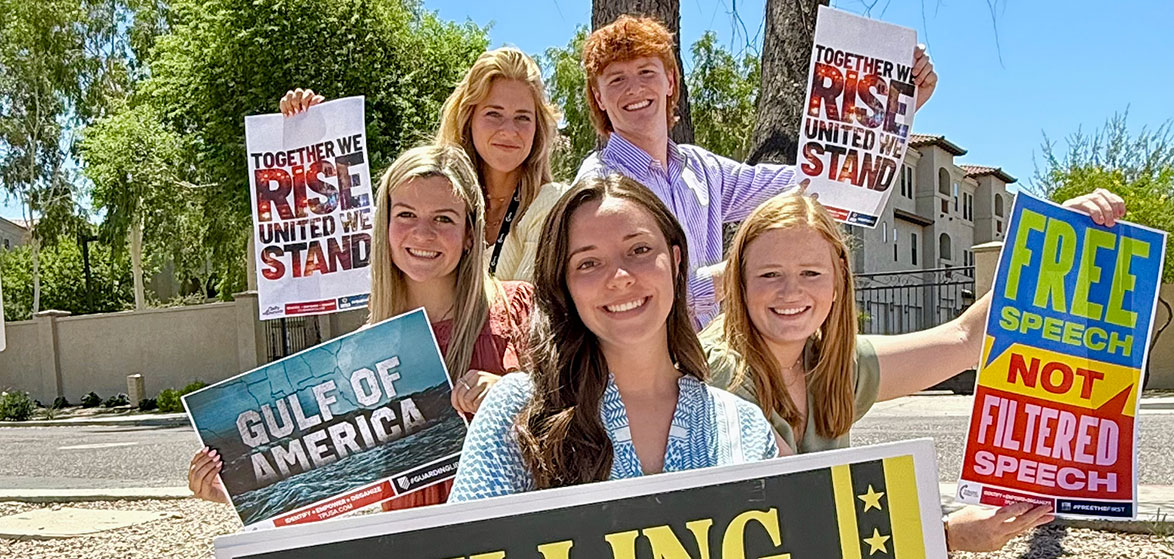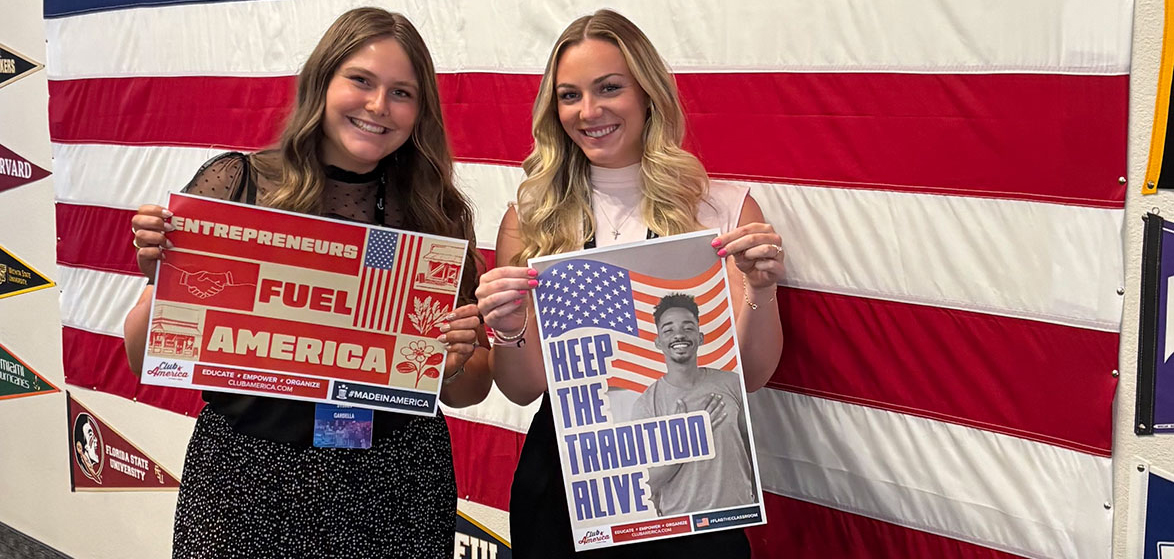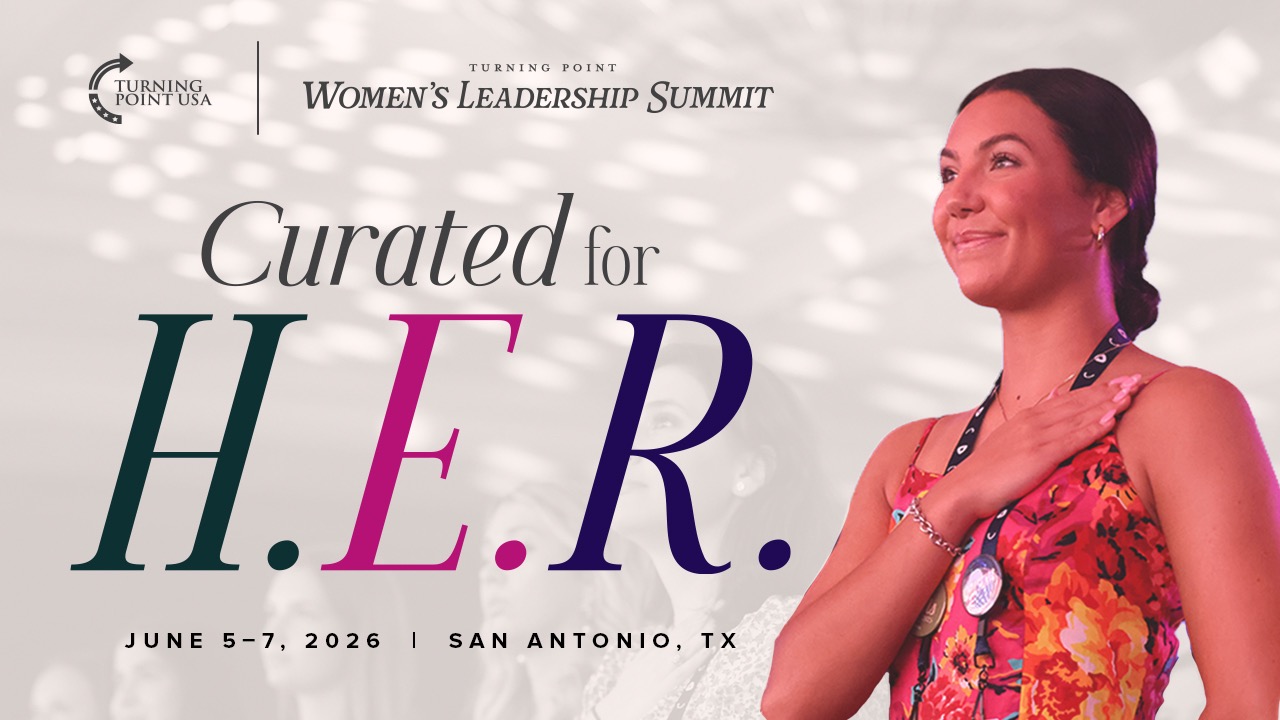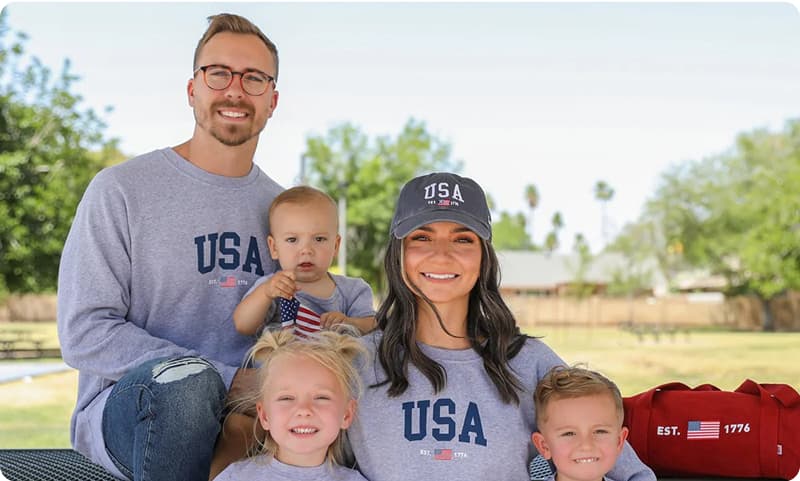
The World Health Organization (WHO) recruited “transfeminine” activist and criminal law professor Florence Ashley, who previously encouraged online users to “be gay” and “do crime,” to help create new guidelines on healthcare for transgender-identifying people.
According to his Instagram profile, Ashley uses the pronouns “they/them/that b**ch” and is currently an assistant professor at the University of Alberta Faculty of Law in Canada. After receiving pushback from the popular online account Libs of TikTok regarding his online comments, Ashley responded by sharing that he got a tattoo depicting what he thinks it means to “be gay,” and “do crime.” Ashley is also the author of “Gender/F**king: The Pleasures and Politics of Living in a Gendered Body” which he described as “an exploration of gender, desire, and the profound journey through the messiness of humanity.”
Ashley has also said in the past that “puberty blockers ought to be treated as the default option” for all adolescents so that children can “choose” their identity because natural development “strongly favours [sic] cis embodiment by raising the psychological and medical toll of transitioning.”
“Puberty blockers structurally place transgender and cisgender hormonal futures in approximate symmetry … Youth who take puberty blockers have their options wide open, their bodies unaltered by either testosterone or estrogen,” Ashley has argued. The activist did, however, admit that “much remains unknown about the long-term effects of puberty blockers,” but continued to promote the sterilization drugs nonetheless.
“Although much remains unknown about the long-term effects of puberty blockers, limited empirical evidence, and clinical experience make us more than justified in assuming that whatever risks puberty blockers have do not foreclose future life paths as much as undergoing puberty does,” Ashley stated.
Of the 21 members appointed to the group tasted with creating new guidelines that will “provide evidence and implementation guidance on health sector interventions aimed at increasing access and utilization of quality and respectful health services by trans and gender diverse people,” 21 identify as transgender, according to the organization. Many in the group are also affiliated with the World Professional Association for Transgender Health (WPATH), which recommended that doctors set no age limit for medical transitions of children in its most recent set of guidelines.
According to the WHO, the newly assembled team will meet next month to discuss the “provision of gender-affirming care, including hormones; health workers education and training for the provision of gender-inclusive care; provision of health care for trans and gender diverse people who suffered interpersonal violence based in their needs; health policies that support gender-inclusive care, and legal recognition of self-determined gender identity.”
The United States remains one of the largest sources of revenue for the WHO, according to KFF, which wrote, “Between FY 2014 and FY 2023, the U.S. assessed contribution has been fairly stable, fluctuating between $110 million and $123 million.”














